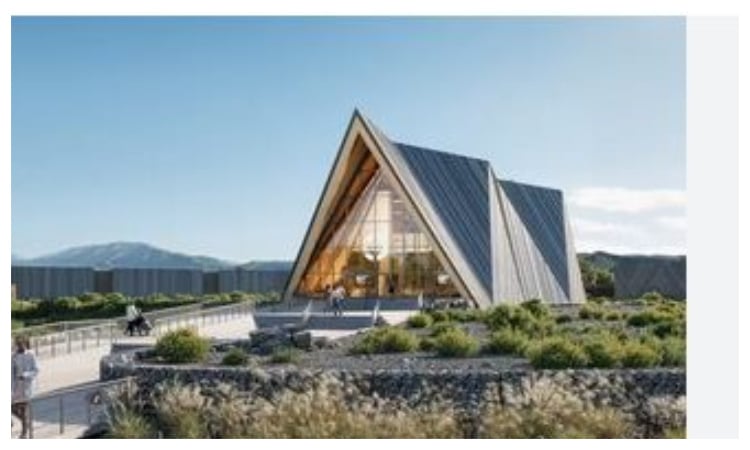News Flash
News Flash

PARIS, Aug 12, 2025 (BSS/AFP) - Ahead of the first UN climate summit in the Amazon, its president has defended the choice of Belem to host the conference where scarce affordable accomodation could exclude the very people Brazil says it wants to bring into the heart of the debate.
Andre Correa do Lago sent a fifth open letter on Tuesday to the tens of thousands of COP30 delegates and observers invited to Belem, a port city of 1.3 million people at the gateway to the Amazon that President Luiz Inacio Lula chose for the November 10-21 event.
Correa appears to have ruled out negotiating major new commitments, amid a weakened appetite for more aggresive climate ambition among some key players.
Instead, the Brazilians are proposing a voluntary "action agenda" promoting and quantifying the implementation of existing commitments for 30 key objectives, including the transition away from fossil fuels.
After COPs in Egypt, the United Arab Emirates and Azerbaijan, democratic Brazil wants to welcome a wide range of participants and give a voice to "the marginalised, displaced, or unheard", according to the letter. Here is his interview with AFP:
QUESTION: You promise to put people "at the centre of COP30". How will this Conference of the Parties (COP) be different?
ANSWER: "It is special because the objectives, compared to other COPs, are less obvious. We need to understand it's a new phase -- the 10 years since the Paris Agreement have brought many results.
"But we also understand that most people are frustrated by the pace of progress in the fight against climate change. That is why we are so focused on the idea of implementing actions, and how we can translate that into something that people understand.
"This COP should also be particularly diverse because it is being held in the Amazon, in a very diverse society facing the challenges of poverty, great inequality but also with high-quality science and very good business people. Brazil is a bit like a miniature world."
Q: The chair of the Small Island States group said they may need to slash the size of their delegations due to the prohibitive costs of accommodation in Belem. How will you address this?
A: "We need inclusivity, we need them to come, and we cannot imagine a smaller COP because of accommodation issues. We have to get rooms and we are doing everything we can to do so. Otherwise, the COP would really have a problem of legitimacy."
Q: Doesn't this logistical issue overshadow the substance?
A: "Brazil has chosen a city that is not the first choice in terms of infrastructure, that's true... But we believe that Belem also has very powerful symbolism.
"I believe that we can overcome most of these difficulties to make this a truly exceptional COP, with very strong results and delegates who feel comfortable in a city that has enormous qualities."
Q: Why have you put so strong an emphasis on the "action agenda" based mainly on voluntary commitments from companies and states?
A: "This agenda is interpreted by many people as something parallel to the COPs, which could be seen as a distraction. But we have decided to turn it into an implementation tool."
Q: But isn't that at the expense of binding commitments in the negotiations?
A: "We are working from what has already been decided by consensus among countries. But for implementation, we don't need consensus: some countries will take one direction, others another. Some sectors may commit to things that the country as a whole cannot promise.
"We have reviewed the more than 400 initiatives announced since the start of the action agenda (in 2021) to ensure that we are building on what has already been done rather than reinventing the wheel."
Q: COP28 concluded with an agreement to transition away from fossil fuels. Will specific timelines be set for oil and gas? And is Brazil -- where Lula wants to explore for oil near the mouth of the Amazon -- the best place for these discussions?
A: "We all agreed that each country will have its own way of getting there. And companies will have their own way of contributing. It's much more important to take additional action than to have new texts.
"That said, this issue is very much on the agenda in Brazil because the country is a champion of renewable energy. At the same time, we have not only become a major oil producer, we also have the potential for new discoveries.
"So this debate within Brazil is very important. And it is a debate that is of course of interest to everyone."